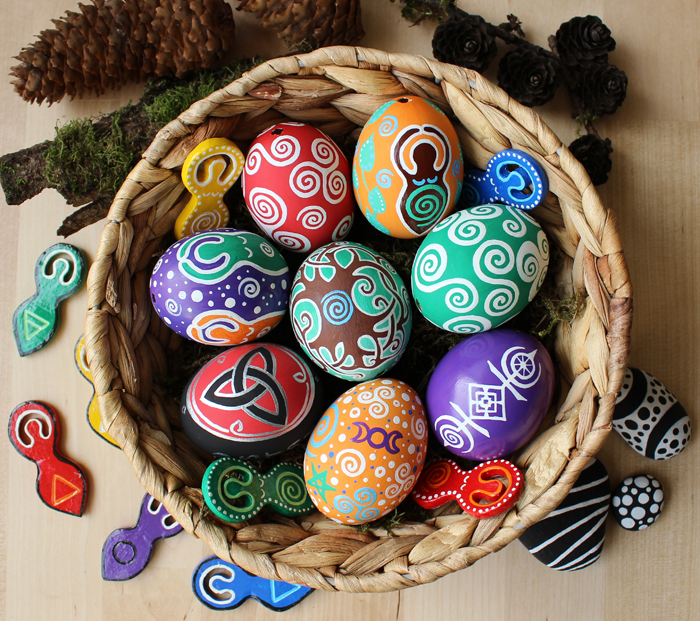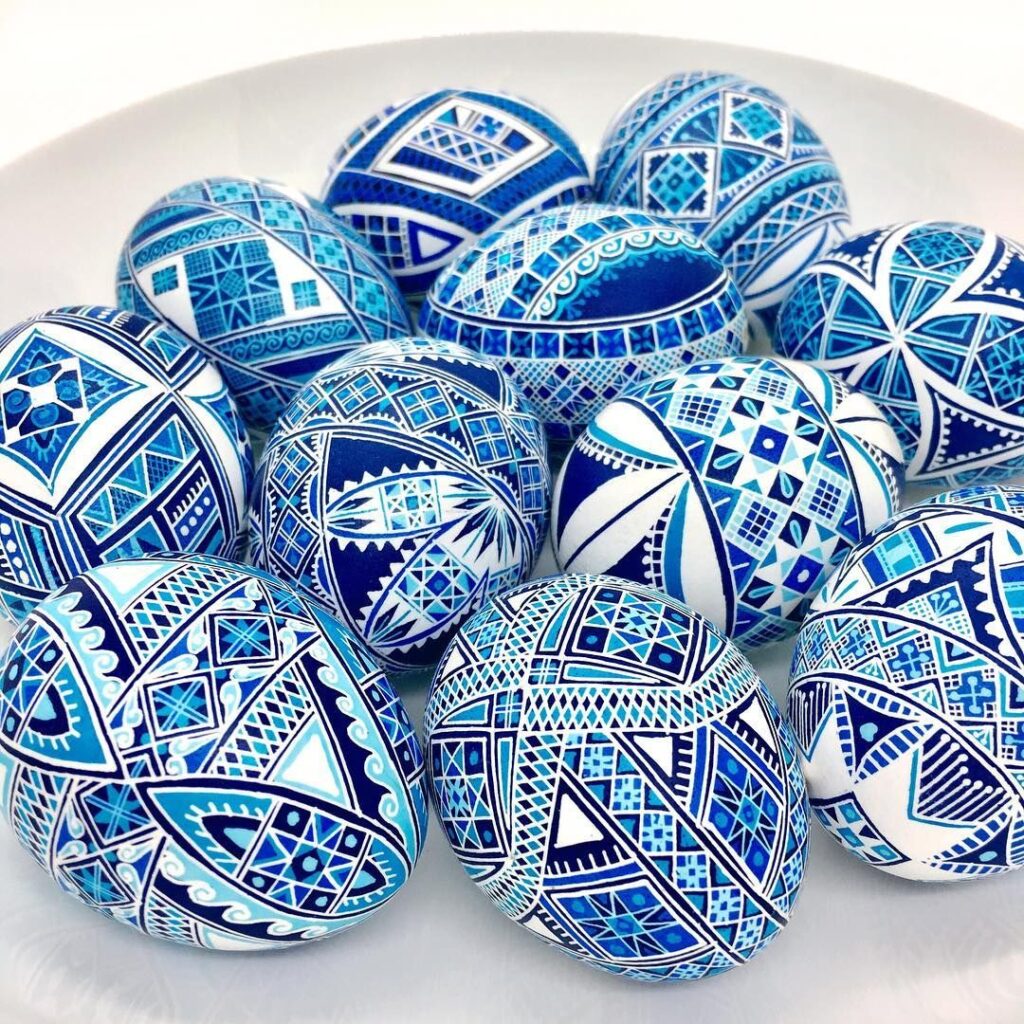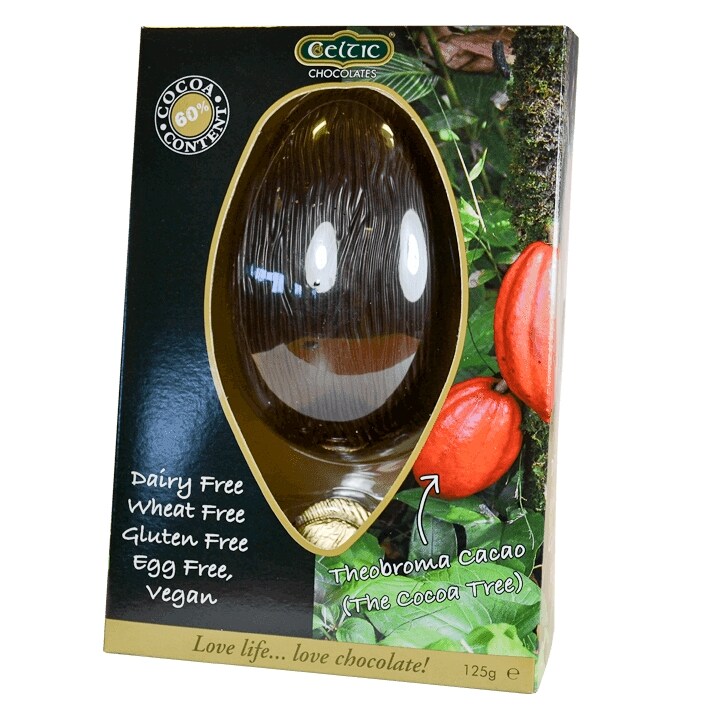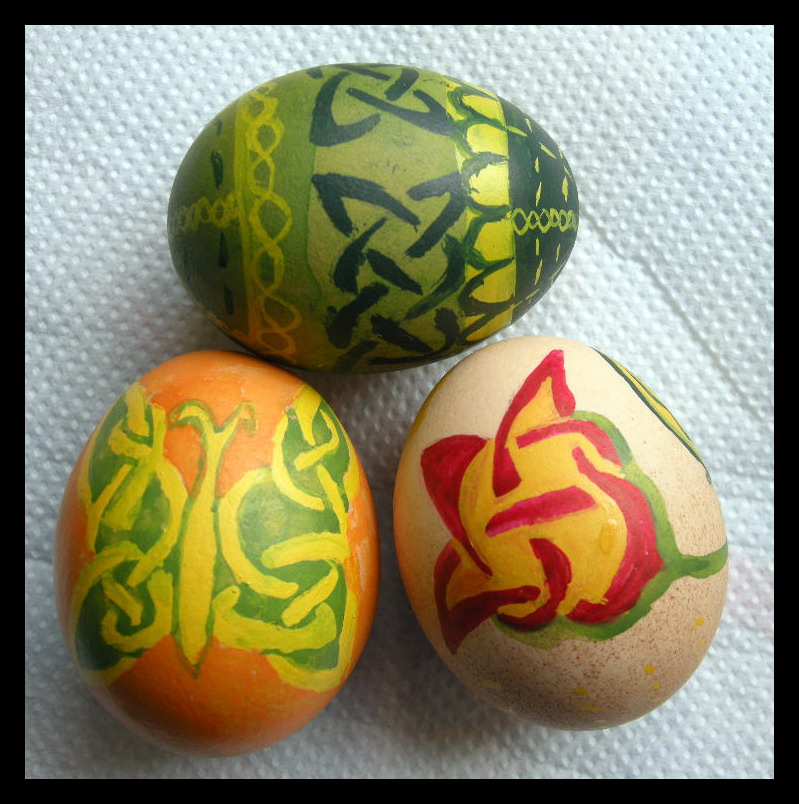fabulous ukranian eggs by mary jansen Easter egg designs, Celtic

Celtic Banded pysanky. Jodi Henninger Egg art, Fabric patterns
The origin of Easter eggs can be traced back to ancient times. The tradition has evolved over the centuries due to various cultural influences. Eggs have been an ancient symbol in Persian, Egyptian, and Greek society and were exchanged as part of their springtime festivals. Eventually, the Christians incorporated the eggs into their Easter.

Infinity Knot Celtric Shamrock Duck Pysanka, Irish themed pysanky
Easter Eggs. Easter eggs are a popular tradition in many countries, and Ireland is no exception. In Ireland, eggs have long been a symbol of fertility, new life, and rebirth. The tradition of giving and receiving Easter eggs dates back to the early Christian church, where they were a symbol of the empty tomb of Jesus.

Pin on pysanky
Great DIY woodworking gift for Easter. The "Celtic knot" was a favorite design of the ancient Celts who once dominated the British Isles, so-called because i.

Alleluia Celtic Easter Egg
The Origins of Easter customs. The most widely-practiced customs on Easter Sunday relate to the symbol of the rabbit ('Easter bunny') and the egg. As outlined previously, a hare was a symbol associated with Eostre, representing the beginning of Springtime. Likewise, the egg has come to represent Spring, fertility, and renewal.

Easter Eggs 2014 Magic Symbols colorful crafts
The perfect Easter gift for any Celtic fan! Our Celtic Easter Egg in a Mug includes a ceramic printed mug and a foil wrapped chocolate egg. It will arrive perfectly wrapped in clear cellophane with a green ribbon closure. Key Details Key Details: Ingredients: Sugar, Cocoa Liquor (Cocoa.

Celtic Easter Egg Celtic Knot Crochet
The northern European pagan spring festival for the goddess 'Eostre', goddess of fertility is considered the origins for many of the traditions that surround Christian Easter. And although the name for the Celtic Spring festival has been lost it was likely to be related the Ēostre or Ostara. Pagans or Celts in particular revered nature.

Celtic Egg Easter Egg Crochet Egg Celtic Easter Egg Easter Etsy
Last year we crocheted some covers together and you can see that pattern here (Elegant Easter Eggs) and some videos of the project (tutorial and making together) here and here. This year I wanted to create a Celtic Knot Egg using a Celtic Cross so after several days of experimenting with threads, colors, knots and eggs I came up with the Celtic.

Ukrainian Pysanka by Oleh K, Ostrich Easter egg Pysanky Easter eggs
The Easter Hare is inexplicable to to me, but probably the hare was the sacred animal of Ostara; just as there is a hare on the statue of [the Celtic goddess] Abnoba." [My translation from German.] More developed stories have since emerged connecting Eostre/Ostara and the hare, one of which was the subject of Holly B.'s question:

fabulous ukranian eggs by mary jansen Easter egg designs, Celtic
Eostre, also called Ostara or Eastre, is a Germanic goddess associated with spring and the dawn. She is particularly known in Anglo-Saxon and Old High German traditions and is believed to be the namesake for the Christian holiday of Easter. Notably, there is limited historical information about Eostre, and much of what is known comes from Bede.

45 Quick & Creative Dying Easter Eggs Ideas Onedesblog
Easter Sunday is the day immediately following Lent. A solemn period among Christians, Lent commemorates the forty days Jesus spent fasting in the wilderness before the messiah's death on the cross. The word Lent is a shortening of Lenten, which originated from the word lencten, Old English for "spring." 2 This one word holds a clue to.

Celtic Dairy Free Easter Egg 125g Holland & Barrett
Check out our celtic easter egg selection for the very best in unique or custom, handmade pieces from our ornaments shops.

Celtic Cross trinity knotwork themed pysanka, pysanky for Easter
The pagan roots of Pancake Day and Shrove Tuesday. The industrial revolution combined with the rise of commercialism during the 18th and 19th centuries saw the egg and the bunny cement their places in our Easter traditions. Greeting cards were adorned with their imagery, whilst the confectionary company Cadbury starting manufacturing chocolate.
Easter Eggs Icon Set in Celtic Style Stock Vector Illustration of
Easter is one of Christianity's highest and holiest days, the celebration of the resurrection of Jesus. But the origins of today's very Christian holiday are firmly rooted in the ancient traditions of pagan religions from many parts of the world. With its blend of solemn religious symbolism and the fun of Easter eggs and bunny rabbits.

Celtic Eggs by madowca on deviantART
Ēostre or Ostara was the goddess of spring associated with the festival of the spring equinox. During this time, eggs were used a symbol of rebirth and the beginning of new life and a hare or rabbit was the symbol of the goddess and fertility. Both these symbols were adopted by Christianity and are still seen today during Easter, together with.

Blue and Green Celadon Celtic Knotwork and Spirals Easter Egg Etsy
The Feast of Easter begins a new liturgical season - the 50 days of Eastertide. With such a strong history of Catholicism in Ireland, there is a trove of Holy Week traditions. Completing your "spring cleaning" by Good Friday is important preparation for the priest to visit and bless your home on Easter. The old ban on alcohol this day is.

Rejoice Celtic Easter Egg by JKechCeltic on Etsy Easter eggs, Celtic
In the Christian tradition Easter commemorates the crucifixion and resurrection (three days later) of Jesus Christ. It also represents the end of 40 days of fasting and prayer following its beginning on Ash Wednesday, the first day of Lent. The actual dates of Easter may be anywhere between March 22nd and April 25th in western Christian tradition.